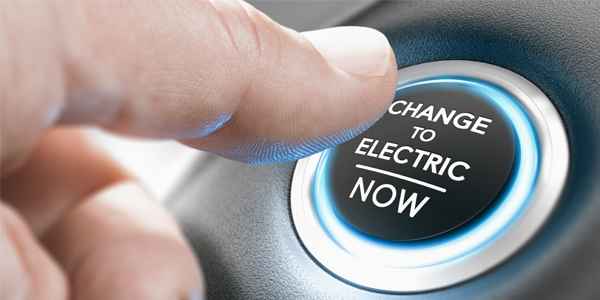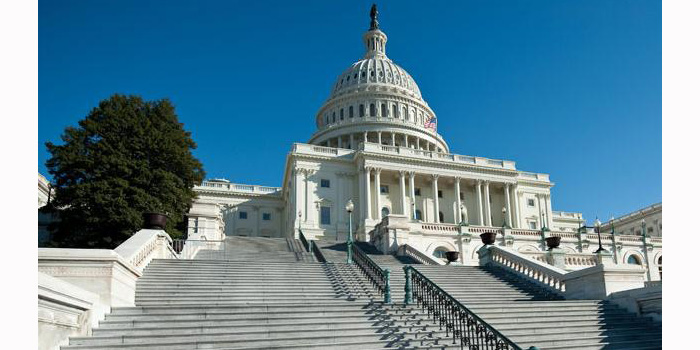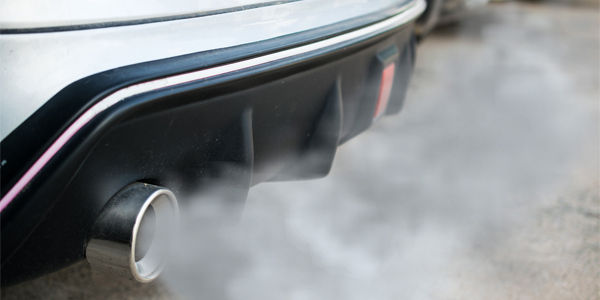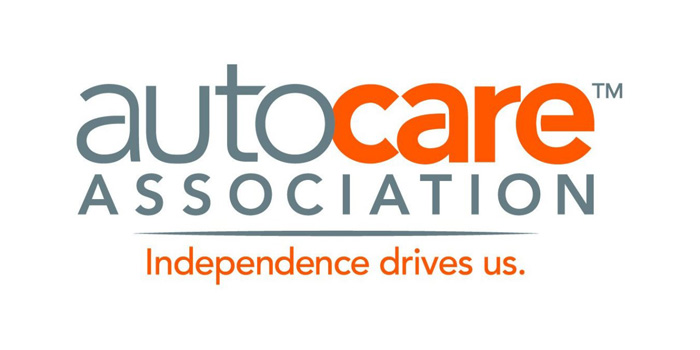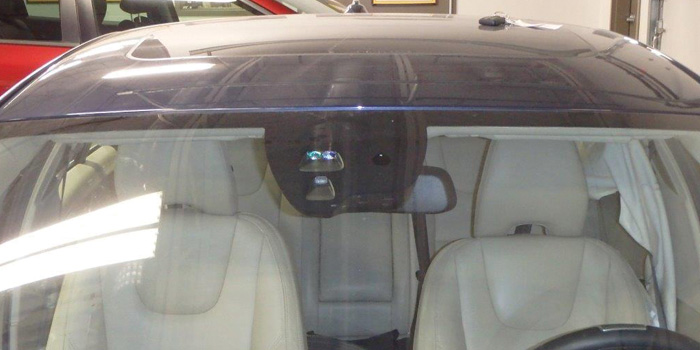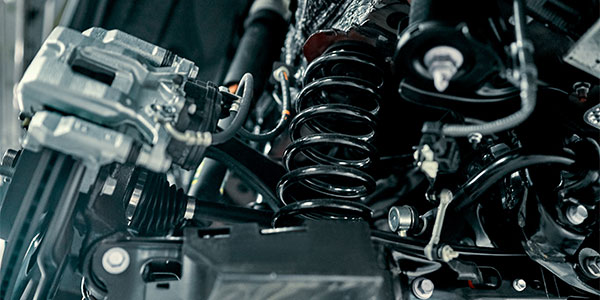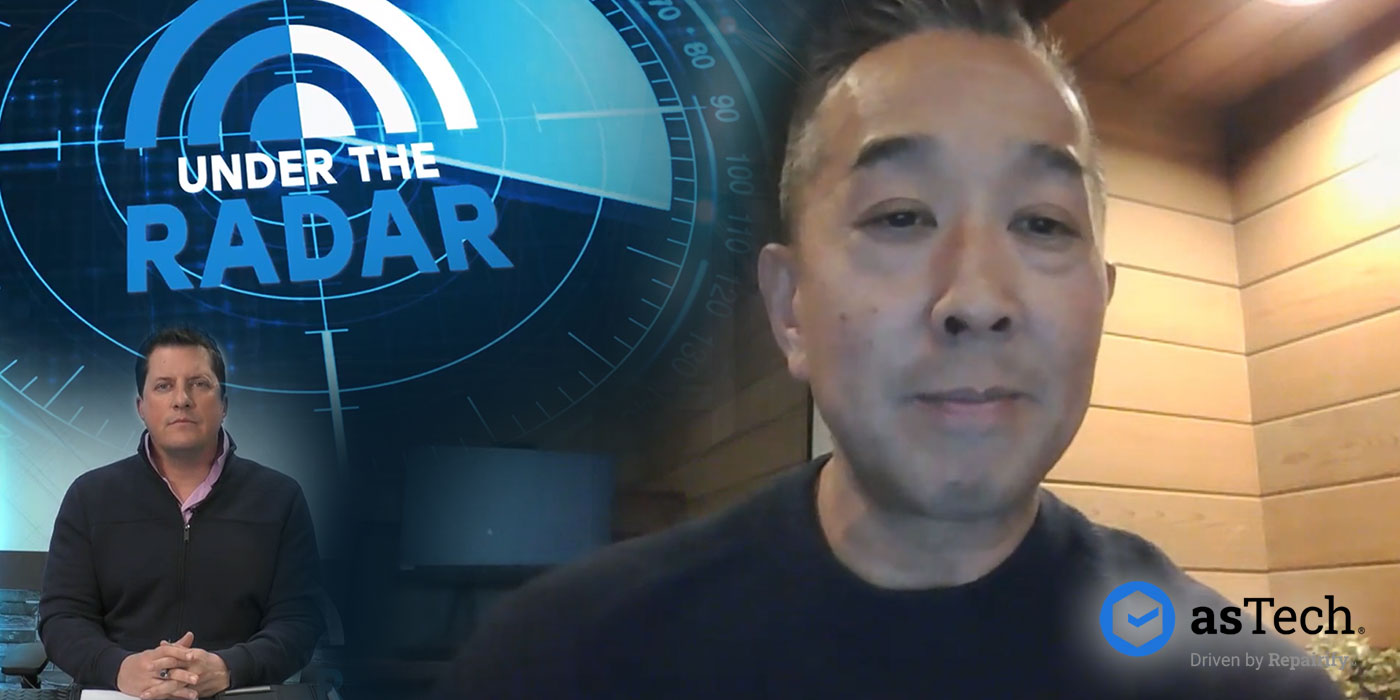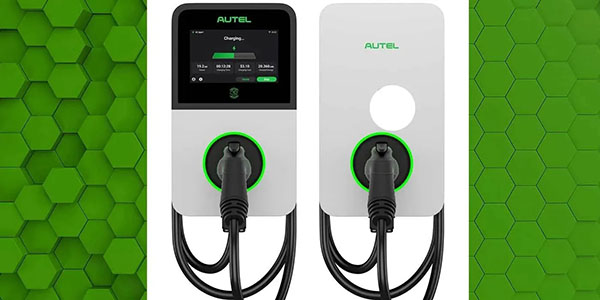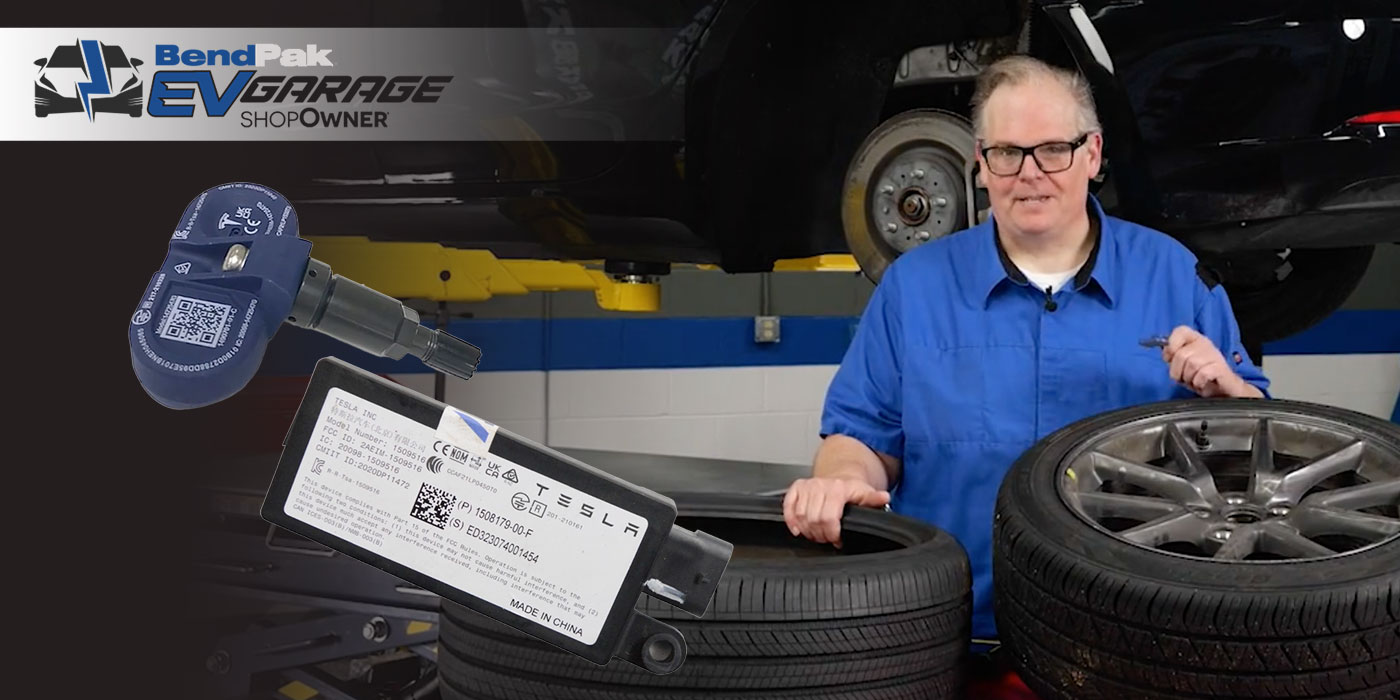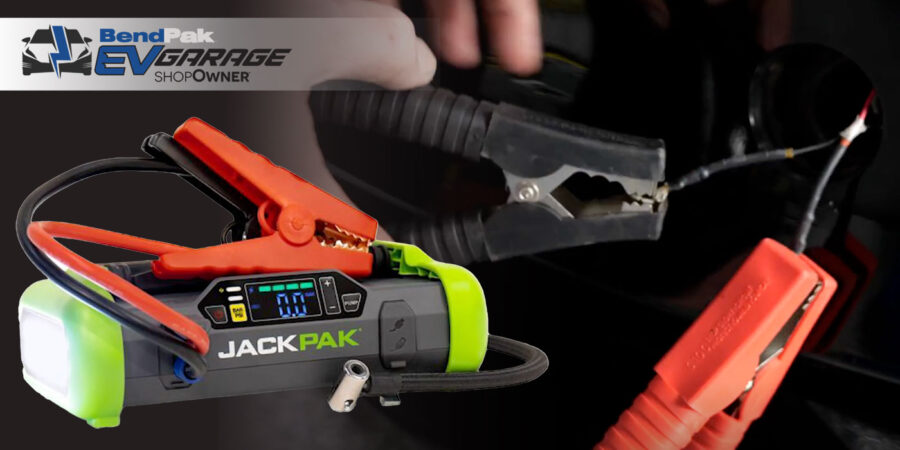President Joe Biden recently signed the Executive Order on Catalyzing Clean Energy Industries and Jobs Through Federal Sustainability. The order is meant to make the federal government carbon neutral through the use of renewable power sources and building materials to construct and run federal buildings, and the purchase of electric vehicles for the federal fleet.
Throughout Biden’s campaign and administration, environmental issues have been a major priority. This week’s executive order sets a timetable for the implementation of many policy goals. The order requires the federal government to achieve:
- 100% net-annual carbon pollution-free electricity by 2030
- 100% zero-emission vehicle acquisitions by 2035
- Net-zero emissions from federal procurement, including a Buy Clean policy that will promote the purchase of environmentally friendly building materials
- Climate-resilient infrastructure and operations, and a climate and sustainability-focused federal workforce
Not only does the executive order require federal agencies to purchase exclusively zero-emissions vehicles by 2035, it also requires them to comprise an annual zero-emission fleet strategy that includes deploying zero-emission fleet vehicle refueling infrastructure. This means the federal government will be investing in electric and other zero-emission charging stations.
This initiative goes hand-in-hand with the U.S. Department of Transportation initiative to use the $7.5 billion allocated for electric vehicle infrastructure, in the recently passed infrastructure legislation, to create 500,000 new public zero-emission charging stations across the U.S.
This week, the Alliance for Automotive Innovation released “Recommended Attributes for EV Charging Stations,” which provides guidance for installing publicly available electric vehicle charging. The recommendations focus on 10 key elements for public charging stations: charging speed; charging connectors; payment methods; reliability and redundancy; accessibility; station layout; network and communication requirements; EV charging on federal highways; EV charging signage; and a standardized approach to communicate pricing.
The Automotive Service Association (ASA), in partnership with the Alliance for Automotive Innovation, recently released the first episode in the Technology and Telematics Podcast series. This episode features a conversation between Wayne Weikel, senior director for State Affairs at the Alliance for Automotive Innovation, and Bob Redding, Washington, D.C. representative for ASA. During the podcast, the pair discussed the legislative and regulatory environment for electric vehicle implementation, building a national network of electric vehicle charging stations, and challenges and opportunities for the automotive industry as it moves toward an “all-electric future”. To listen to the podcast, click here.

